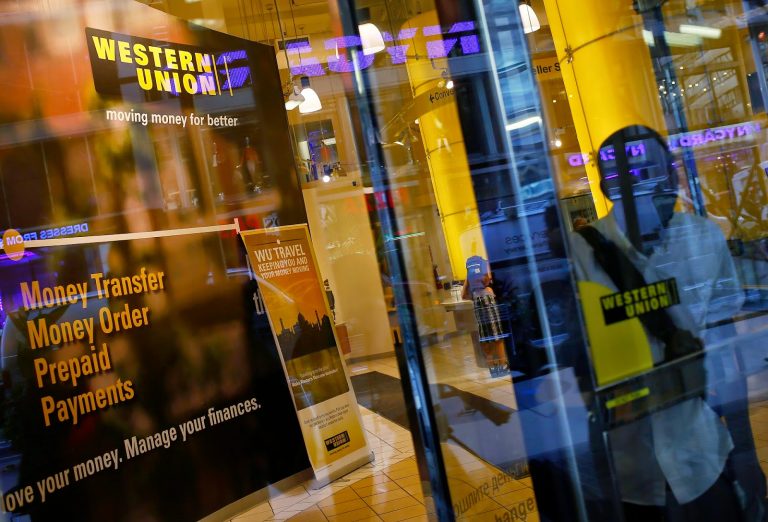$ 60 billion. That is the financial support from the African diaspora to the continent every year. A cash injection much more redeeming than the stereotypical, constraining and insignificant western funding, named development assistance or foreign direct investment.
But these billions do not seem to have the expected impact (can do better for sure), as Africa is still labeled “third-world” or “developing”.
“The African Debate”, a radio broadcast by RFI (mid September) gets a closer look at the 60 billion dollars sent by the African diaspora. In two steps, Alain Foka called for discussion on whether or not the african governments are willing to reach out to the Diaspora and the solutions to capitalise the amount.
Reckya Madougou, a politician and former minister of Benin argues:
“May be the governments are not working enough and efficiently to further capitalize on the diaspora’s potential resources”
She adds: “that should not be blamed on the States only”. She highlights the need to unite the diaspora and Africa in order to set up joint projects in the continent.
Responding to Ines Jessica Ngassa, a computer engineer from Cameroun living in the US, who puts the blame on the African politics, Reckya Madougou defends by giving the example of cash transfer:
“One issue is the organisation. Transfer costs are too much expensive (…) because we do not have strong diaspora organizations in terms of lobbying to weigh on these costs or to create alternatives, like money transfer companies “
“The average rate for Africa is 12% against 7% globally”, “a $ 16 billion difference every year. That is too much!” she added.
According to her, there is also a problem with the use of the money, due to a kind of “embezzlement” in the real purposes for which the sums of money were sent.
Marie-Laure Konan, spokeswoman for the Ivorian diaspora, agrees: “We should do more in terms of organization and to engage everyone to capitalize the benefits”
As a solution, Marie-Laure Konan proposes to federate the energies and set up structuring projects”, giving the example of Haitians living in Canada.
However, Reckya Madougou blames certain “African practices”
“We have our consumption pattern that is not suitable for investment. It should not be about investing excessively in ruinous ceremonies, but investing cost-effectively “
Sory Kaba, the director of the Senegalese diaspora denounces this mode of consumption:
“Many diasporans trust their family members, but ultimately it turns to disappointment”. He calls on immigrant families to help the diaspora to better invest.
What is clear is that there is a big challenge in using efficiently the funds sent to Africa. There is also a problem of trust between the Diaspora and both the public policies and the local African populations, accused of “squandering” a part of the transferred funds. And finally, there is a problem of organization within the diaspora, to better develop initiatives for Africa.

